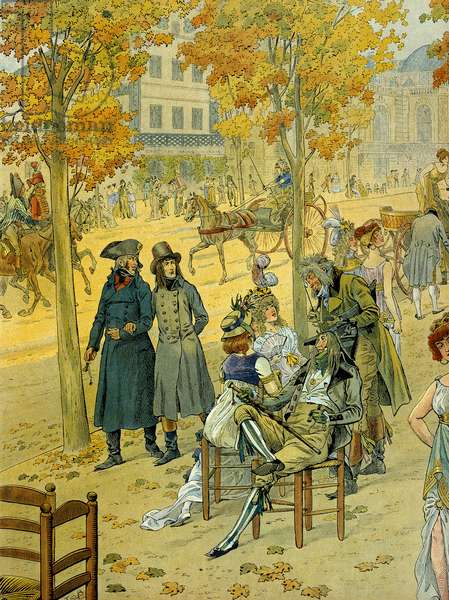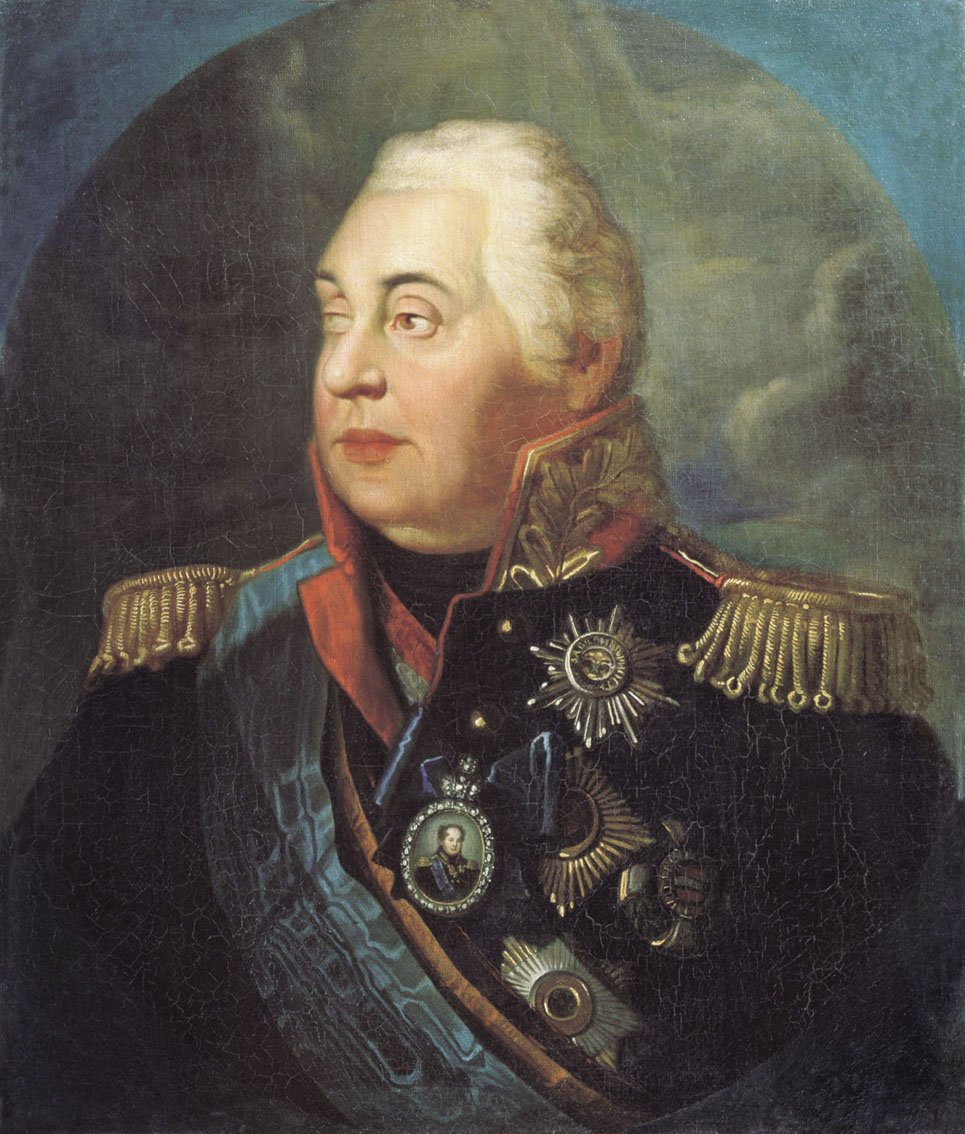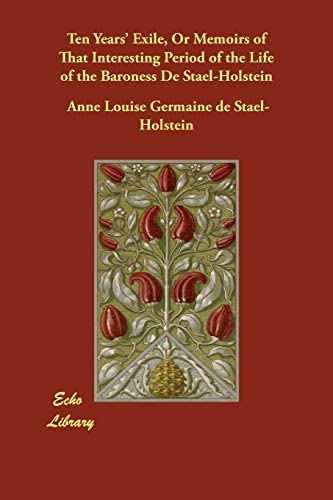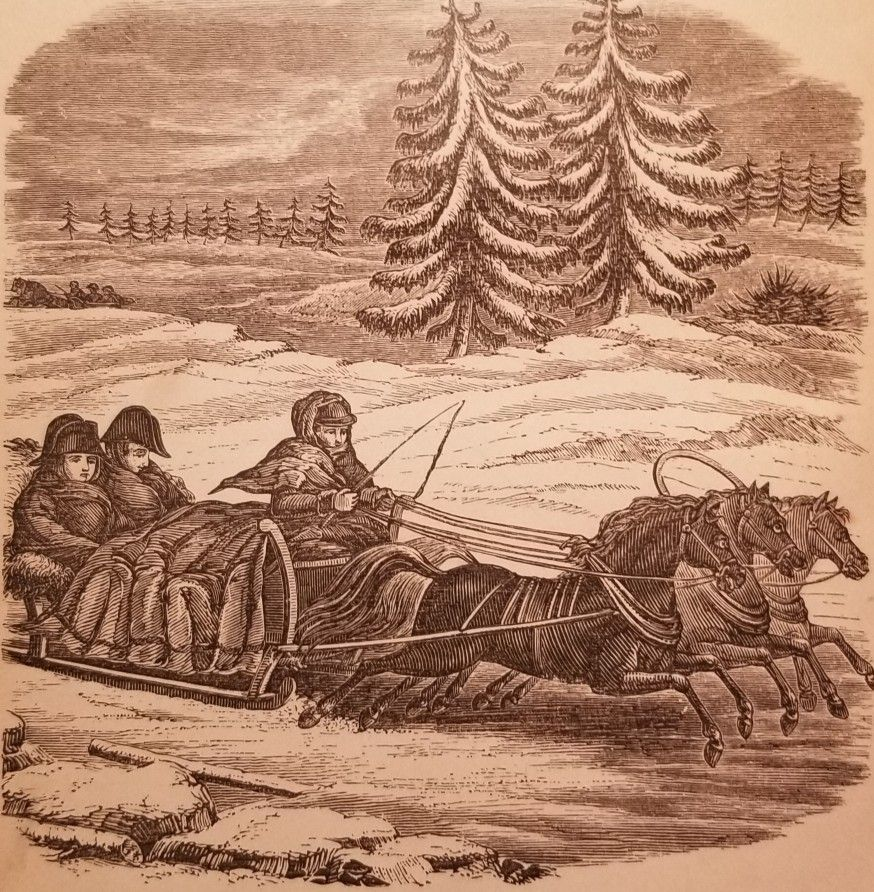
#OTD 22 December, 1812, Napoleon exhorted the Conseil des Finances to collect 150 million francs of Extraordinary Customs Duty to allocate fund for the campaign of 1813.
Junot, at Königsberg, applied for a congé to Thorn, never to see the Emperor again.
#Voicesfrom1812

Junot, at Königsberg, applied for a congé to Thorn, never to see the Emperor again.
#Voicesfrom1812


The Russian expedition, historically unparalleled in both scale of mobilization and mortality rate, had rendered France and its satellites bankrupt. According to Alexander Grab, annual military expenditure, previously about 350 million francs, had soared to 600 million in 1812.
Empires, especially those furbished by constant conquest, were expensive entities, cyclically vanquished by their own overexpansion.
During the Consulate, Napoleon had been sufficiently discreet about financing his ventures and refrained from radical tax increases.
During the Consulate, Napoleon had been sufficiently discreet about financing his ventures and refrained from radical tax increases.
The state revenue could be broken down into four segments:
1. Direct tax on private property, such as land, estates, and servants
2. Indirect tax on consumer goods
3. Customs duties
4. Income from sale of national properties, most famously that of Louisiana in 1803.
1. Direct tax on private property, such as land, estates, and servants
2. Indirect tax on consumer goods
3. Customs duties
4. Income from sale of national properties, most famously that of Louisiana in 1803.
The First Consul initially broke off ties with the Directory, which had aggressively increased the indirect tax on tobacco, playing cards, carriages, silverware, and alcohol. (Garb)
The spoils of his conquests and treaties served as a pipeline of domestic projects.
The spoils of his conquests and treaties served as a pipeline of domestic projects.
According to a study of Napoleonic tax revenue by Pierre Branda (2008), the victory at the Battle of Austerlitz (1805) marked a financial turning point in the French Empire.
Increasing with each victory was the cost of the Grande Armée, no longer peasants-turned-Frenchmen.
Increasing with each victory was the cost of the Grande Armée, no longer peasants-turned-Frenchmen.

The more systemized the army became, the more maintenance and rewards it came to demand. In 1806, Napoleon declared the revival of the Salt Tax on drinks and liquors, which had once been abolished by the Revolutionary Government.
(Garb)
(Garb)
This was followed by the reintroduction of tax on sugar and tobacco 1808. The series of indirect taxes on consumer staples imposed a direct threat to the well-being of the lower classes, while the direct tax on properties underwent much less aggressive revisions. (Ibid)
For instance, in the same year, Napoleon streamlined the land registry system into the general plot system. Following a systematic survey and documentation of 40,000 communes, Napoleon ordered that tax on lands reflect the rental value of each plot and the income of each owner.
In other words, the direct tax on the real estates of the wealthy remained relatively lenient compared to that on the goods consumed by the majority of the population; which became increasingly drained into the military expenditure. (Garb, Branda)
Then in April 1812, Napoleon conceived of "the terrible struggle," when his budget, estimated by Thiers, was between 740 to 890 million francs.
Following his decision, sealed against repeated objections from Cambacérès, the annual expenditure skyrocketed to 1,070 million.
Following his decision, sealed against repeated objections from Cambacérès, the annual expenditure skyrocketed to 1,070 million.
More than half of the allocated budget would melt away in Russia.
And the total was still minus the other fixed costs of maintaining the navy, public works in France, and newly annexed domains of the 'Roman States,' Illyria, Holland, and the Hanseatic states. (Thiers)
And the total was still minus the other fixed costs of maintaining the navy, public works in France, and newly annexed domains of the 'Roman States,' Illyria, Holland, and the Hanseatic states. (Thiers)
Back to the December of 1812, when the other war across the Pyrenees still showed no signs of abating or reversing in favor of the French, Napoleon was already keen on restoring his war machine.
It was in this context that the Emperor declared before the Conseil des Finances:
It was in this context that the Emperor declared before the Conseil des Finances:
“The Minister of Finance shall write to the Minister of Commerce to let him know that he must give him within a week the outline of extraordinary customs duties, so that they can be used for drawing up the budget for 1813.”
(Correspondences)
(Correspondences)
A transcription by the Council read:
"We must undoubtedly do harm to our enemies, but above all we must live, and the Emperor thinks that 150 million, over such a vast expanse of country, must not be difficult to find."
The 'country' included Holland, Italy, and Mainz.
(Ibid)
"We must undoubtedly do harm to our enemies, but above all we must live, and the Emperor thinks that 150 million, over such a vast expanse of country, must not be difficult to find."
The 'country' included Holland, Italy, and Mainz.
(Ibid)
Tobacco-as usual-, imported goods, and "fabricated materials" became the means of resuscitating his decimated army, without which there would be a jarring deficit of 11 million in the national budget.
(Ibid)
(Ibid)
At Königsberg, Larrey and the Physician-in-Chief Gilbert set about inspecting the field hospitals. They instructed the surgeons to treat gangrene sores with "the application of styrax ointment as most fit to soften and eliminate the scar."
(Larrey)
(Larrey)
He could not, however, heal the mental scars of war. On this day, Junot wrote a desperate letter to his wife Laura:
"Well, my dear Laura, many days have again passed over without any letters from you, or with out your receiving any from me;

"Well, my dear Laura, many days have again passed over without any letters from you, or with out your receiving any from me;


the fact is I have not been able to write to you. Yesterday your presents arrived at Königsberg; I thank you for them; and I hope I shall be able to go and fetch them myself."
The gift must have come across as a miracle to the man who had lost his whole belongings in Russia.
The gift must have come across as a miracle to the man who had lost his whole belongings in Russia.
He made his only request:
"I have written to inform the Emperor of the state of my health, the urgency of my affairs, and your illness which is augmented by my absence, and your knowledge of what I suffer.
"I have written to inform the Emperor of the state of my health, the urgency of my affairs, and your illness which is augmented by my absence, and your knowledge of what I suffer.

I have solicited a congé which is indispensable to me ; for without it I cannot hope to recover my health, so as to be enabled to make another campaign. Request an audience of the Emperor, and urge him to grant me the congé.
He surely cannot refuse it . I may yet serve him, but if I do not recover, I shall be disabled for life.
This letter, my dear Laura, will I know give you pain; but I must write it. I could deceive you when our condition was worse than it is; but now the truth must be told.
This letter, my dear Laura, will I know give you pain; but I must write it. I could deceive you when our condition was worse than it is; but now the truth must be told.

I cannot walk without the help of a stick, and I am unable to mount my horse. This climate is killing me, I have lived so long in warm countries, that I feel more than others the rigorous severity of this atmosphere, which indeed has spared no one."
According to Laura, her husband had been dejected after repeatedly failing to clear himself of the charge at the Battle of Valutina-Gora. As late as 3 December, he was still writing in defense of his conduct which had forever lost him a marshal's baton: 

"The bulletin which mentions the march of the army on Smolensk, says that I lost myself, and that I made a false movement . The fact is, Sire, I did not lose myself."
"I could not debouch from the wood until 2 o'clock...I had received no orders to engage."
(More)
"I could not debouch from the wood until 2 o'clock...I had received no orders to engage."
(More)
Junot's imploring letters emitted his desperation to regain the trust of his old friend.
"He was attached to the man, and not to the Emperor. He loved him as sincerely as when at Marseilles he determined to share the captivity of General Bonaparte," Laura added.
"He was attached to the man, and not to the Emperor. He loved him as sincerely as when at Marseilles he determined to share the captivity of General Bonaparte," Laura added.

He left his parting words:
"I am going to Thorn , where I hope to hear that my congé is granted. The Emperor cannot refuse it. I do not seek it merely from the desire of returning to Paris; but the state of my health, yours and pecuniary considerations urge me."
(Laura Junot)
"I am going to Thorn , where I hope to hear that my congé is granted. The Emperor cannot refuse it. I do not seek it merely from the desire of returning to Paris; but the state of my health, yours and pecuniary considerations urge me."
(Laura Junot)

-End-
Thank you, everyone, for cheering me up.
Thank you, everyone, for cheering me up.
@threadreaderapp Unroll.
• • •
Missing some Tweet in this thread? You can try to
force a refresh













